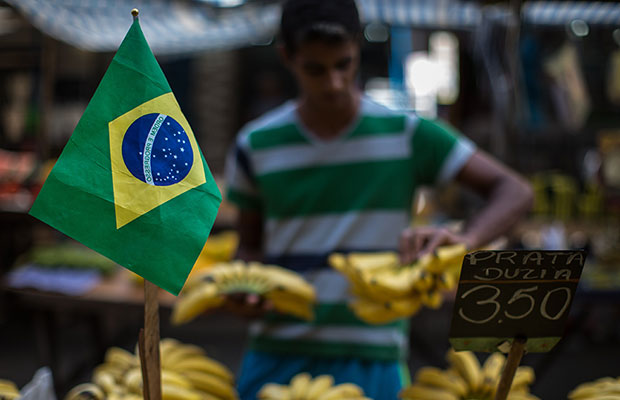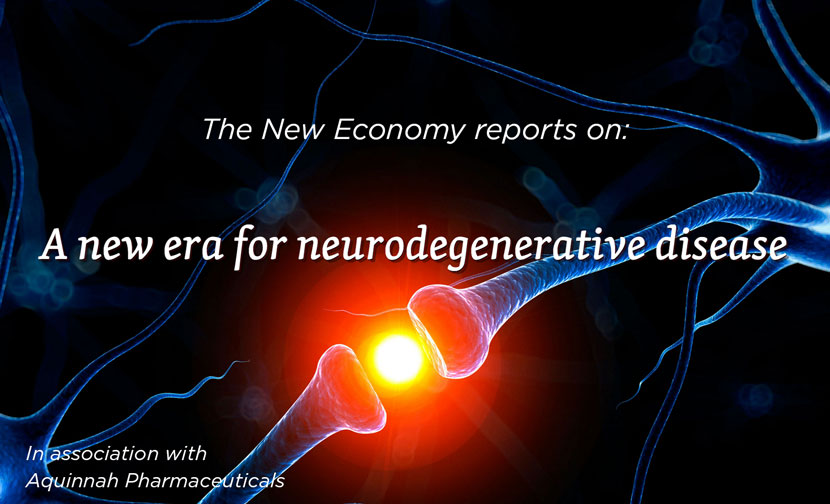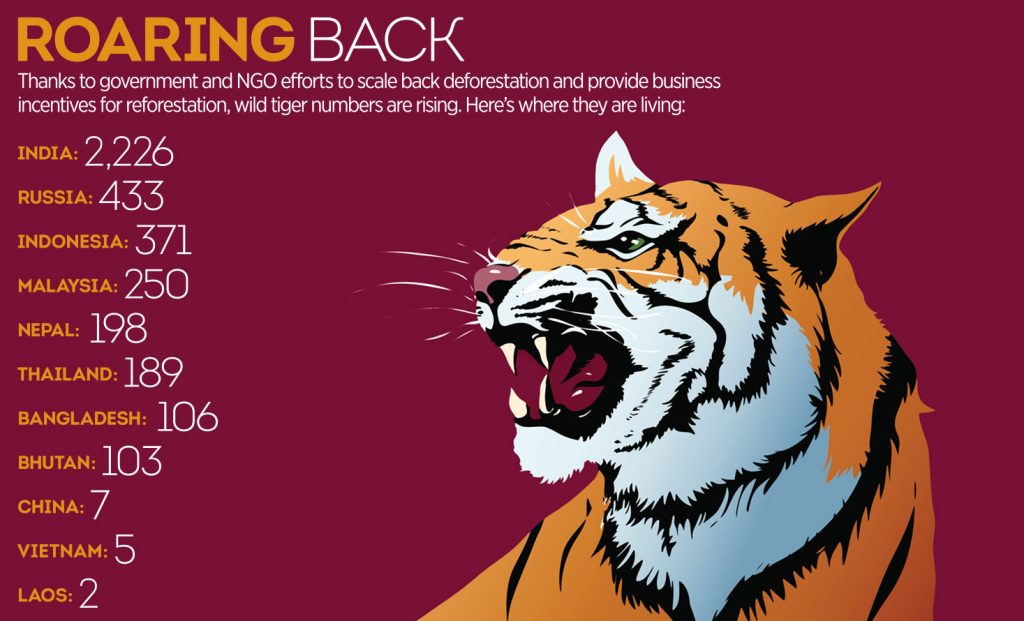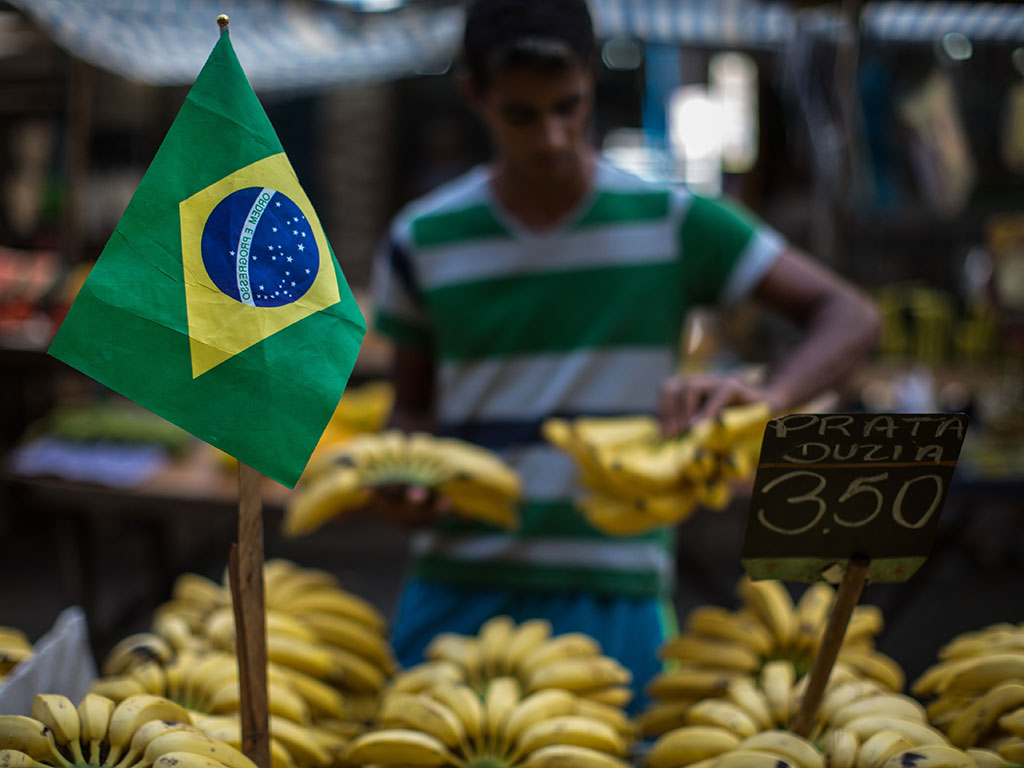Brazil’s investment in human development can rescue economy
Brazil celebrated its exclusion from the UN’s 2014 World Hunger Map earlier this month, but its economy is apparently suffering its lowest slump in years

Brazil has fallen off the World Hunger Map for the first time in history, according to the UN’s State of Food Insecurity in the World 2014 report. Hunger in the country has fallen by 80 perccent in the past decade
For the first time in history, hunger in Brazil has fallen low enough to warrant its removal from the World Hunger Map, according to the UN’s State of Food Insecurity in the World 2014 report. In the past decade, Brazil has reduced hunger by 80 percent, but societal progress is overshadowed by contradictory reports this month that the nation is in the midst of a recession.
Technically speaking, a recession is defined by a fall in GDP for two consecutive quarters, and as Brazil’s output has fallen in the last three, its economy is in bad health. The World Cup is cited as the main contributing factor by the government, which is surprising, given that the increased tourism spend surrounding such an event is typically a major economic boost to host countries. However, finance minister Guido Mantega blames dwindling economic activity in 2014 on the reduced working days during June and July, when citizens enjoyed an afternoon off on all of Brazil’s match days, and those in host cities received a full day’s holiday each time a game was hosted there. If Mantega is right, growth in the near future is to be expected, though economists anticipate no improvement in the final quarter of 2014, and only a one percent increase in 2015.
The perceived relationship between social and economic growth is key here. Among other factors, investments made in family farming, minimum wage increases and a National School Meals Programme contributed to reducing national hunger, but Brazil’s social development in recent years doesn’t end there. The Growth Acceleration Plan was launched in 2007, aimed at improving infrastructure and providing tax incentives to stimulate economic growth, and in 2012 more initiatives were announced by the government. Poverty fell by ten percent between 2003 and 2009, and income inequality reached a 50 year low in 2011. Taking these factors into account, quality of life has almost certainly improved, yet those focusing on economic performance this year wouldn’t think so.
If you’re going to sustain growth, you need to be able to blend economic growth with social progress
This is not the first time there has been a disconnect between economic and social progress in the same nation. In 2008, Mozambique was celebrated for its economic growth since the 1990s, though the country ranked 172/177 on the UNDP Human Development Report 2007/2008, and remains in the red (more than 35 percent of the population undernourished) on the World Hunger Map, even in 2014. The problem with looking solely at a nation’s GDP is that the welfare of individuals depends on so many additional, non-financial indicators. It is clear that economic growth and social decline can take place concurrently, yet economic growth cannot possibly be sustained in the long term if human development does not increase in kind. Likewise, social progression is limited in a nation with a failing economy.
In certain instances, it is often the pursuit of maximising economic growth that causes social injustice. “If you’re going to sustain growth, you need to be able to blend economic growth with social progress. Otherwise it’s a disparate society you end up with, and the more unstable that society becomes, the greater the risk to economic growth, and you end up with a feedback loop. So the two are intertwined.” says Neil Shearing, Chief Emerging Markets Economist at Capital Economics. Approaching situations from a purely monetary perspective can have a detrimental impact on social welfare, resulting in unrest, which would offset any economic growth posted previously. Social problems must be addressed if not first, then simultaneously with economic development, in order for sustainable growth to be achieved.
Alternative frameworks must be considered, such as the Physical Quality of Life Index (PQLI) developed in the 1970s, which found very little congruence between a country’s GDP and PQLI ranking. Likewise, the 1996 Human Development Report (HDR) found that while there is no clear link between rates of economic growth and human development, the two can be mutually beneficial. These and other studies like it combine economic, environmental and social factors to determine a country’s standing as a whole, rather than basing the assessment on financial indicators alone. With this methodology, a far more coherent image can be produced, and more accurate long-term predictions are possible.
In terms of both economic growth and social development, government policies are of the highest importance, and with the presidential election fast approaching, candidates have a lot to prove. Brazil may technically be in recession, but the investments it has made in social development over the last decade should help it weather the storm and come back fighting.














